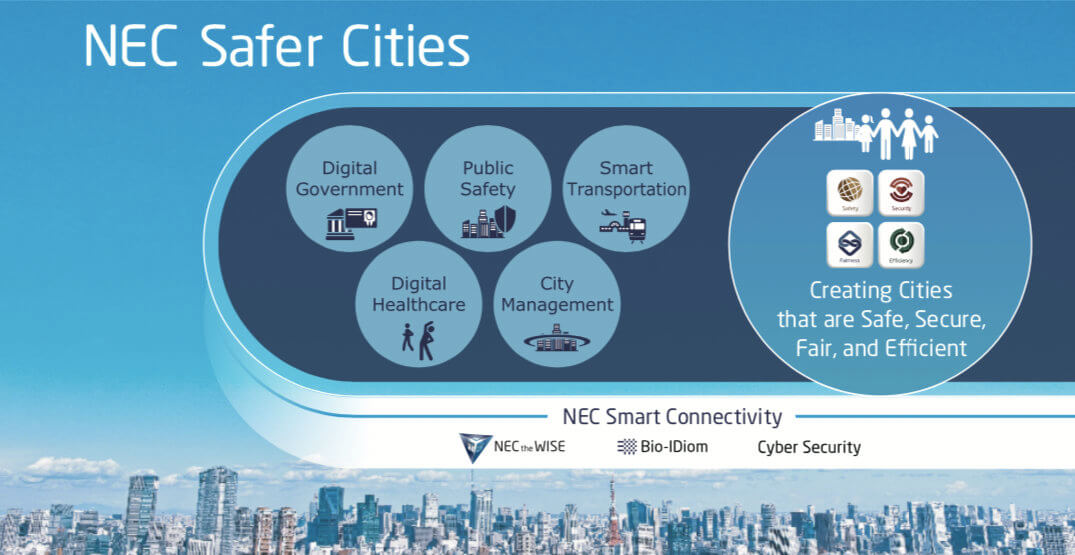Copenhagen has successfully used technology to fight covid-19 and
climate change. To meet these and other global threats, cities
need support from national governments, civil society and the
private sector. To aid collective action, cities should share
their data and expertise, particularly with peers in developing
countries.
In its two most recent surveys, the United Nations ranked Denmark
as the world leader in e-government. During the pandemic, the
Danish government used the secure national digital post service to
deliver information about covid-19 to all citizens. The country’s
well-established telemedicine system was expanded to address
social issues such as drug and alcohol abuse. A health app called
“MinSundhed” or “MyHealth” was upgraded so people could receive
covid-19 test results and demonstrate they had been vaccinated,
and its user interface was enhanced to make it easier to navigate.
Nicola Tollin of SDU attributes the utilisation of data in helping
to monitor the spread of covid-19 to the trust held between civil
society and the public administration.
Establishing effective cyber-security involves a delicate balance
between protecting data and networks, and maintaining usability
for people who may not have a technical background. Usability can
be a particular concern for the elderly and people with
disabilities. In Denmark, local organisations have offered
training services so people could learn to access services without
having to visit government offices during the pandemic. Copenhagen
also focused on integrating its information technology systems to
break down data silos and share health-care data more effectively.
In the public sector, digitalisation is often difficult. But in
times of crisis, “this is really what distinguishes your city or
your country from the rest,” observes Hans Jayatissa of KMD. Mr
Tollin says Copenhagen benefited from a range of supporting
factors, including public infrastructure such as open and green
spaces, strong neighbourhoods with good services, access to
fundamentals like free health-care and social services, and high
trust in civil society. The city also kept contact with its most
vulnerable groups, including ethnic minorities and the homeless.
Driving evidence-based decision-making
Data is a key to addressing global challenges such as climate
change. For example, by using technology to measure the use of
electricity, heat and water in government buildings, Copenhagen
can better understand usage patterns, reduce consumption and
increase efficiency. To do this, the data must drive what Esteban
Léon of UN-Habitat calls “evidence-based decisions” at the
political level.
While wealthy cities have the skills and technology to gather and
exploit data, their peers in developing countries often lack
resources. That represents an opportunity for cities like
Copenhagen to share data, best practices and lessons learned,
particularly with small- and medium-sized cities in the Global
South.
Wherever they are, cities need support in the form of legislation,
resources and capacity from national governments, civil society
and the private sector. As Nicola Tollin notes, urban safety
“should be a common effort, a common responsibility.”












